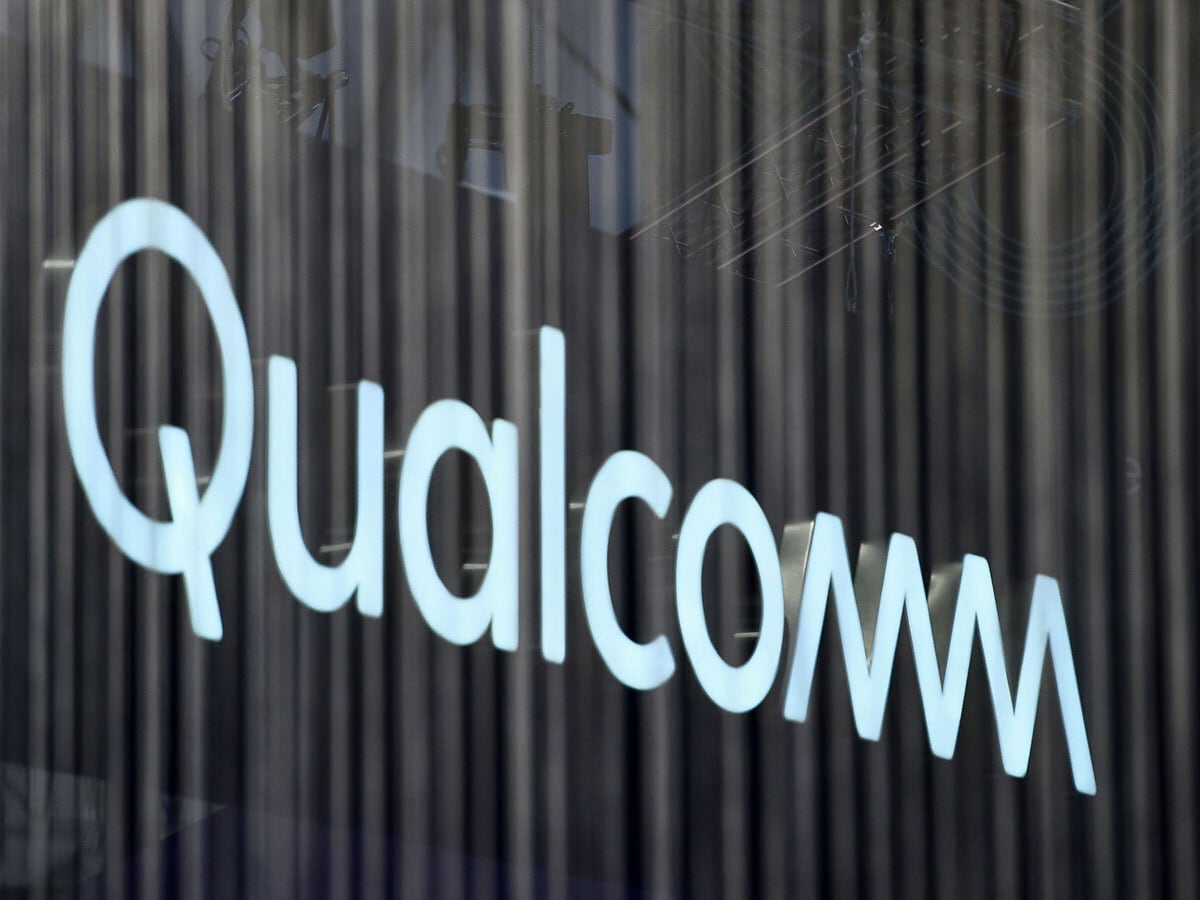Qualcomm [QCOM] is a San Diego-based manufacturer of semiconductors and other products for the wireless communications industry — its technology is used to power billions of devices. As of October 28, the company was the seventh-biggest chipmaker by market cap in the world.
This stock spotlight will discuss how Qualcomm is giving the smartphone market an artificial intelligence (AI) boost, especially in China. It will also discuss its legal dispute with long-time design partner Arm [ARM] and what this might mean, not just for Qualcomm, but for the availability of devices.
Qualcomm Accused of Breaching Arm Licensing Agreement
UK chip designer Arm is reportedly on the brink of canceling Qualcomm’s architecture license, as first reported by Bloomberg on October 23.
The move is an escalation of a fight that began back in 2022 when Qualcomm acquired Nuvia, which led Arm to accuse the latter of breaching its licenses. Arm demanded that Qualcomm and Nuvia destroy any pre-acquisition designs, but this did not happen. Qualcomm’s newest product, the Snapdragon 8 Elite chip, is powered by Nuvia’s Oryon CPU.
Arm has given Qualcomm 60 days’ notice. If the two parties do not come to some sort of agreement over the next two months, then they will be going to court in December.
QCOM Stock Remains Steady
The Qualcomm share price dropped slightly following the news breaking on October 23, but had recovered ground by the end of the week, suggesting that investors are not too concerned about a potential showdown.
QCOM stock has gained 20.80% since the start of 2024 through October 28 and is up 65.15% in the last year. However, the October 28 close is down 25.33% from the 52-week high it reached on June 18.
AI Smartphone Demand Powers Qualcomm’s Revenue
The Arm news comes a fortnight or so before Qualcomm is due to report its Q4 2024 earnings on November 6.
The company exceeded both top- and bottom-line expectations in Q3. Revenue was up 12% year-over-year to $8.07bn, a significant improvement on the 1% increase reported in Q2, driven by $5.90bn in sales of handset chips.
After experiencing a smartphone slump, Qualcomm is now seeing higher demand for Android devices, particularly from China, where Android-based Vivo is the leading handset manufacturer.
“AI has expanded the size of the premium tier,” Qualcomm CEO Cristiano Amon said on the Q3 earnings call. “So, even in a market which is kind of flattish to low single digits in growth, the premium tier is actually growing faster and we’ve seen that.”
Q4 revenue is expected to be $9.5bn–10.3bn, which would represent a 15.12% increase at the midway point on the $8.63bn reported in Q4 2023.
These figures compare well to those of Qualcomm’s competitors. Intel’s [INTC] Q2 revenue, reported in August, was down 1% year-over-year — the company used the earnings release to announce a $10bn cost-reduction plan “to increase market competitiveness”. Advanced Micro Devices [AMD], meanwhile, reported revenue growth of 9% for its Q2.
| QCOM | INTC | AMD |
Market Cap | $191.85bn | $98.01bn | $258.83bn |
P/S Ratio | 5.21 | 1.77 | 11.25 |
Estimated Sales Growth (Current Fiscal Year) | 7.80% | -3.70% | 12.90% |
Estimated Sales Growth (Next Fiscal Year) | 9.30% | 7.30% | 28.40% |
Source: Yahoo Finance
Qualcomm’s steady growth over the next two years and its price-to-sales ratio suggests that QCOM stock is fairly valued.
QCOM Stock: The Investment Case
The Bull Case for Qualcomm
The Oryon-powered Snapdragon 8 Elite mobile platform, unveiled on October 21 at the company’s 2024 Snapdragon Summit, is 45% faster and 44% more efficient than previous chips.
Chinese smartphone manufacturer Xiaomi [XIACF], which is currently the country’s fourth-biggest by market share, is reportedly set to be the first company anywhere to offer the Snapdragon 8 Elite when it launches its Xiaomi 15 series at the end of October. Fellow smartphone makers Honor [300870:SZ], Oppo and Realme also have plans to integrate Qualcomm’s latest chip into future products, according to the South China Morning Post.
“Early backing … is a strong start for Qualcomm as it looks to continue its dominance at the premium end of the Android smartphone market,” commented Leo Gebbie, principal analyst and director at CCS Insight, in a research note.
Qualcomm CEO Amon told Bloomberg TV on the sidelines of the Snapdragon event that he expects everyone to have an AI smartphone by 2029. However, he refused to comment on rumors that Qualcomm could potentially be exploring a bid for beleaguered AI PC rival Intel.
The Bear Case for Qualcomm
While the Snapdragon 8 Elite has abandoned Arm’s Cortex CPU in favor of a new custom CPU, the chip is still running the Arm architecture.
If the battle between the two were to end up in court and the cancellation eventually takes effect, Qualcomm could be forced to temporarily stop producing and shipping smartphones featuring chips built on Arm architecture. This would almost definitely impact laptops and PCs as well, having a knock-on effect on its AI PC partners, including Microsoft [MSFT].
It is arguably in Arm’s interest to find a resolution and not lose Qualcomm as a customer — the chipmaker accounted for 11% of Arm’s revenue in 2023.
Conclusion
There is no denying that Qualcomm is likely to give the smartphone market a huge AI boost with the launch of the Snapdragon 8 Elite mobile platform. However, investors need to be wary of the potential impact if the legal battle with Arm does not go the chipmaker’s way.
Continue reading for FREE
- Includes free newsletter updates, unsubscribe anytime. Privacy policy





